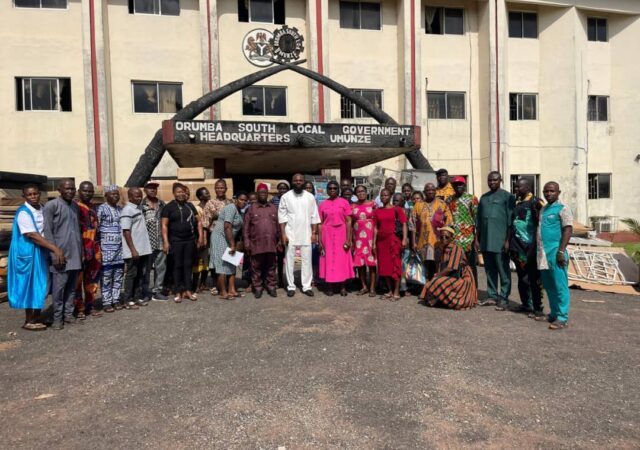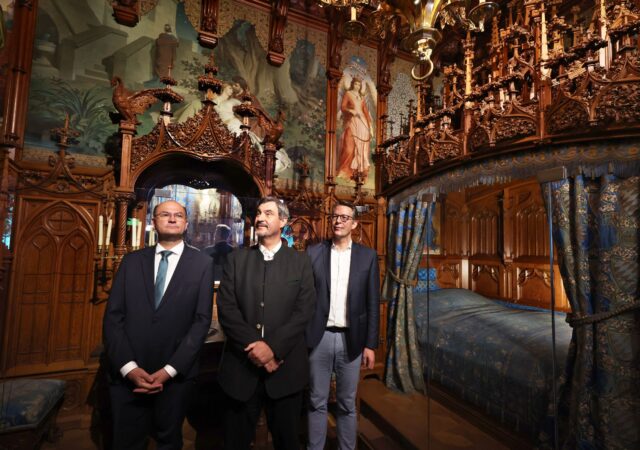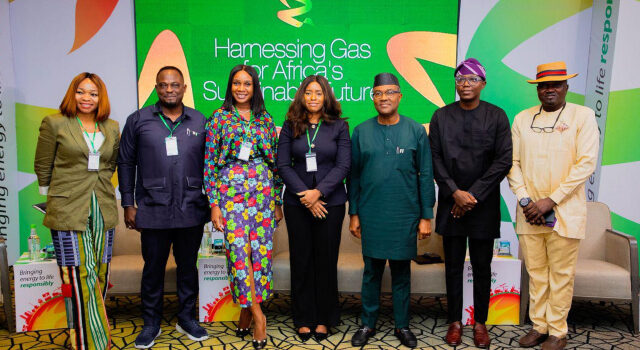- The High-Level Political Forum (HLPF) on Sustainable Development concluded on Wednesday, with nations reiterating the need for renewed impetus and accelerated actions to achieve the Sustainable Development Goals (SDGs) by the 2030 deadline.
Held under the auspices of the UN Economic and Social Council (ECOSOC), the Forum took place from 8 to 17 July. This year’s theme was Reinforcing the 2030 Agenda and eradicating poverty in times of multiple crises: the effective delivery of sustainable, resilient and innovative solutions.
The session included a three-day ministerial segment from 15 to 17 July as part of the High-Level Segment of the Council.
Key votes on ministerial declaration
The adoption of a ministerial declaration, a key outcome of the Forum, was marked by robust debate among Member States, culminating in two key votes on amendments.
One proposal involved the inclusion of a paragraph “strongly urging” States to refrain from promulgating and applying any unilateral economic, financial or trade measures not in accordance with international law and the UN Charter that impede the full achievement of economic and social development, in particular in developing countries.
The inclusion – proposed among others by Belarus, Cuba, Iran, Russia and Syria – was agreed with a recorded vote of 105 nations in favour, 11 against and 46 abstentions.
The other amendment, proposed by Israel called for the deletion of a paragraph that “recognized” that sustainable development cannot be realized without peace and security, and peace and security will be at risk without sustainable development.
That paragraph also called for “further effective measures and actions” to be taken, in conformity with international law, to remove the obstacles to the full realization of the right to self-determination of peoples living under colonial and foreign occupation, which continue to adversely affect their economic and social development as well as the environment.
In a recorded vote, the Forum decided to retain this paragraph, with 122 Member States voting for retention and two voting for deletion (Israel and United States). Thirty-nine States abstained.
The ministerial declaration, as amended, was then adopted without a vote.
Commitment renewed
Addressing the Forum after the adoption, Paula Narváez, ECOSOC President, highlighted that the ministerial declaration “reinforced once again” the urgency of implementing the 2030 Agenda for Sustainable Development.
“This high-level political forum has highlighted that it is not too late to make sustainable development a reality.”
She also recognized the efforts of Ambassador José Blanco of the Dominican Republic and Ambassador Merete Fjeld Brattested of Norway for their leadership as facilitators of “complex negotiations, which were conducted in an exceptional, transparent and inclusive manner”.
Complex, inclusive negotiations
She added that delegations negotiated for over 70 hours, with 20 informal and 3 informal-informal sessions, “making every effort to bring together the different opposing positions and present an ambitious and balanced document”.
The ECOSOC President concluded by stressing the body’s collective resolve to accelerate the implementation of SDGs and advance sustainable development, and to undertake the transformations necessary to achieve that objective.
“We will continue to renew multilateral efforts to fulfil the promise of the 2030 Agenda and leave no one behind,” she said.







